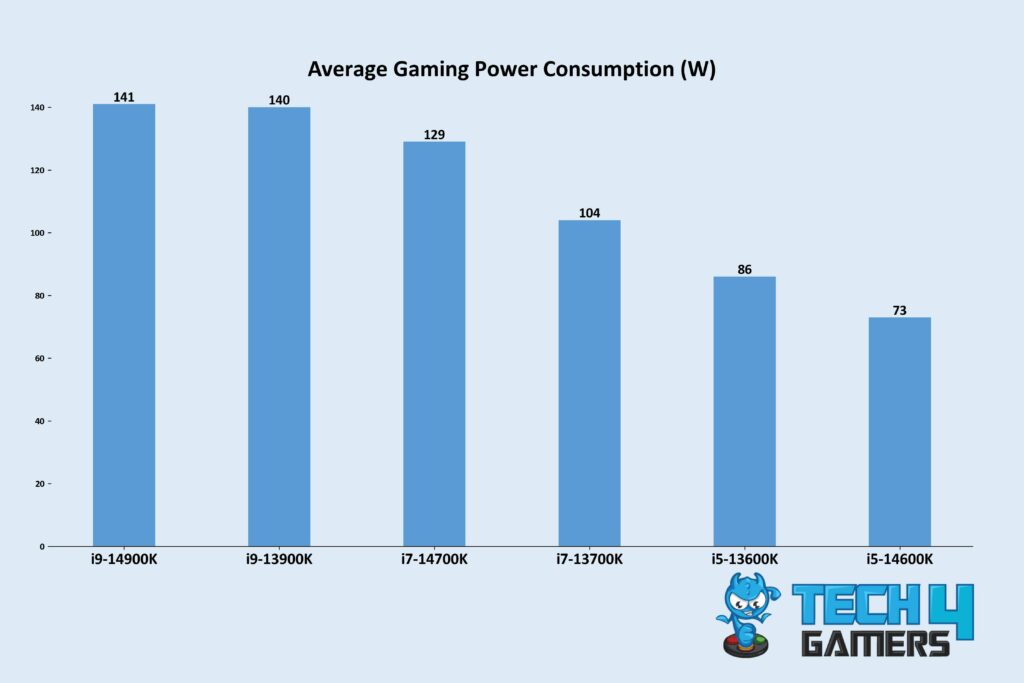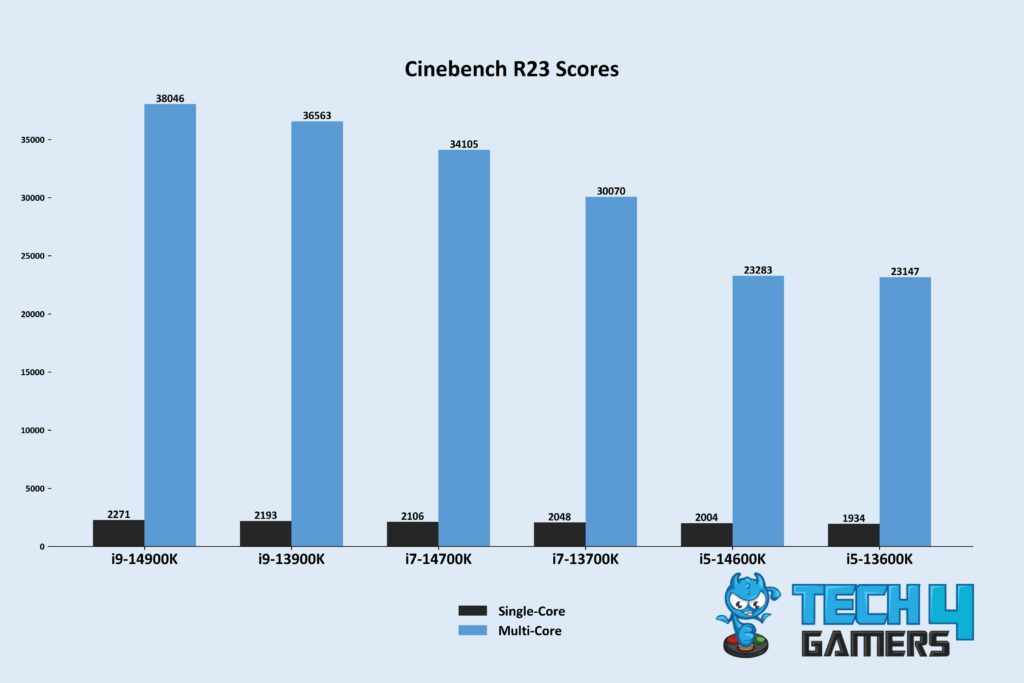- The 14th-generation CPUs practically have the same specifications as the 13th-generation ones.
- They do not deliver any noticeable bumps in performance.
- They also do not quite justify their high price when the 13th generation is available for cheap.
The most awaited 14th generation of Intel’s processors is out on the market; however, they’re not as good as we were expecting them to be. This begs the question: is the upgrade even worth it if you’re already using a 12th or 13th-generation processor? Primarily because Intel seems to be going back to its Skylake and Kabylake days since this generation doesn’t offer anything worth considering.
In my opinion, I don’t find spending extra money and time on upgrading a worthwhile decision. However, not everyone would agree, and that’s fine too.
The Specifications Are the Same
With the newer generation of CPUs launching, one would expect significant changes in their core specifications. However, this doesn’t seem to be the case here, as the change in specifications of 14th-gen CPUs from 13th-gen CPUs is almost non-existent, like the one we received in 13th-gen from 12th-gen CPUs. The 14th-generation CPUs have exactly the same number of cores, threads, L3 cache, TDP, PCIe lanes, and iGPU.
Because the architecture is pretty much the same, we can’t really expect major changes. One of the key differences I can notice is in the maximum memory speed support. The 14th-generation CPUs support slightly faster DDR5 memory than the previous generation. Besides that, the 14th generation is also somewhat better in efficiency than the 13th-generation processors while receiving the same TDP numbers from Intel.
While the i9 and i5 have the same core counts, the 14th-gen i7 is the only processor to receive an upgrade in this department. The i7 14700k has four more efficient cores and threads. This also explains the big variance in TDP consumption of the processor against its predecessor in my average power consumption test. While the i5 14600k also consumes slightly less power, we can’t say the same for the i9 14900k, as the story here is the other way around.

The Performance Uplift Is Not Quite There
One of the key reasons why someone would want to upgrade their processor is the performance they could get out of it. Unfortunately, though, the 14-generation processors, while having a new name, seem to forget about the performance uplift they were supposed to offer. It is also evident from Intel calling this generation the “Raptor-Lake Refresh”.
Moreover, our synthetic benchmark and gaming performance tests also provide valuable insights into what to expect from the 14th-generation processors. Starting with Cinebench R23, we can clearly see why Intel was calling this generation a refresh. Because all 14th-generation processors have identical single-core and multi-core scores, except for the i7 14700k. Which scores slightly higher in the multicore test only due to the addition of extra e-cores.

Moving over to some game tests, the difference becomes virtually insignificant across all processors, including the i7 14700k. Again, the 14th-generation CPUs do not bring any considerable performance uplift over the 13th-generation ones. This is why I say that the upgrade isn’t really worth it if you’re coming from the 13th or even 12th-generation processor.

13th-gen CPUs Are More Accessible
Computer parts depreciate over time in value despite still being capable of providing excellent performance. That’s also the case with Intel’s 13th-generation CPUs, which are being sold for considerably less than their launch prices, rendering them far more affordable than the 14th-generation CPUs. Not only are the 14th-generation processors currently being sold at MSRP, but their launch price is also $10 more for each processor than the launch prices of 13th-generation CPUs.
For instance, you can pick up an i7 13700k for as low as $319 from Micro Center, which is far less than its launch price. It’s more or less the same with other processors. Apart from that, this is not the case with the 14th-gen CPUs as of now, which makes them look like a bad deal overall.
They Will Be Worth Considering Soon
As the 14th-generation CPUs are still relatively new in the market, it may take some time for them to establish themselves as a viable option, particularly when their prices drop to an impressive level. Until then, I won’t recommend buying any of the 14th-generation processors but rather suggest you go for 13th-generation options if you’re planning to build a new rig. Of course, you should definitely wsait for the next generation if you already have a 13th-generation processor.
Thank you! Please share your positive feedback. 🔋
How could we improve this post? Please Help us. 😔
[Reviews Specialist]
Usman Saleem brings 8+ years of comprehensive PC hardware expertise to the table. His journey in the tech world has involved in-depth tech analysis and insightful PC hardware reviews, perfecting over 6+ years of dedicated work. Usman’s commitment to staying authentic and relevant in the field is underscored by many professional certifications, including a recent one in Google IT Support Specialization.
8+ years of specialized PC hardware coverage
6+ years of in-depth PC hardware analysis and reviews
Lead PC hardware expert across multiple tech journalism platforms
Certified in Google IT Support Specialization
Get In Touch: usman@tech4gamers.com




